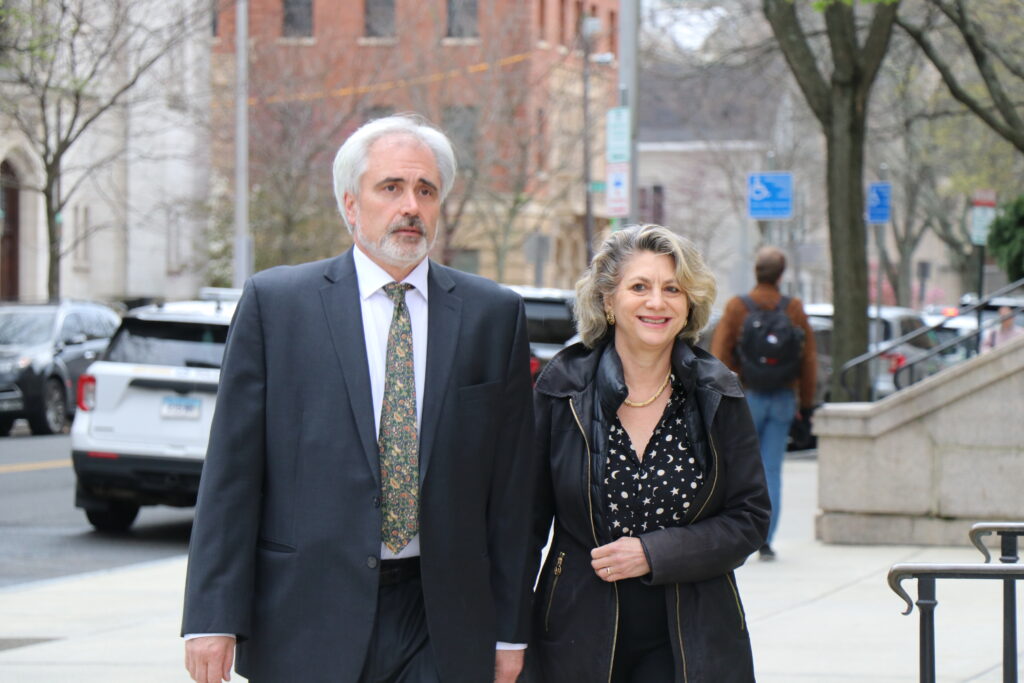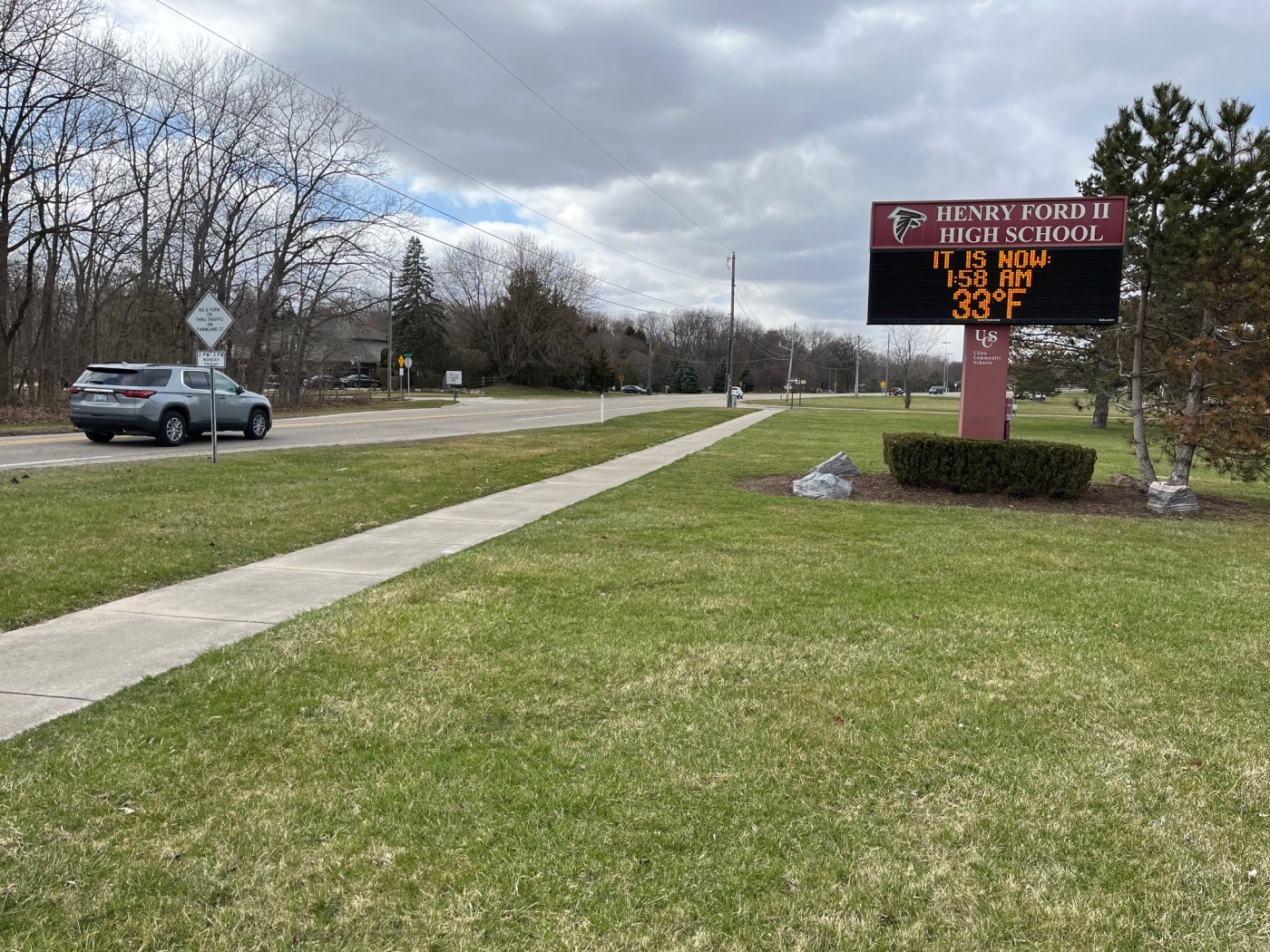Tamar Gendler, Yale’s former inaugural dean of the Faculty of Arts and Sciences, is set to return to teaching in March 2024 after more than a decade focused on administration. Gendler, a Yale College alumna who graduated summa cum laude in 1987, will lead two courses in the upcoming semester, marking her first full-time teaching role since spring 2013.
According to Yale’s course catalog, Gendler will instruct a section of Directed Studies, which is aimed at first-year students, and a seminar titled “Intelligence: Human, Animal, Artificial.” The latter course will examine the concept of intelligence across various contexts, including behavioral science and artificial intelligence.
Reflecting on her administrative tenure, Gendler stated, “One of the challenges about the job I had for a decade is that, pretty much, administration took up a large proportion of my time, so I couldn’t do a lot of writing, and I couldn’t do much teaching.”
Gendler’s excitement for returning to the classroom is palpable. She described her seminar as a perfect blend of her interests, noting, “What is it, intelligently, to make sense of the world?” The course will explore established themes in human and animal intelligence before diving into contemporary literature on the subject.
Her engagement with the Directed Studies program, which she first taught in 1996, showcases her passion for education. Gendler referred to it as “the greatest course in the world to be able to teach,” emphasizing the program’s unique approach to historical and political thought, literature, and philosophy.
The Yale College Dean, Pericles Lewis, praised Gendler’s return, saying it signals a strong connection to the academic community. He noted her extensive knowledge in philosophy, literature, and history, adding, “I think she’ll be a terrific teacher of Directed Studies.”
Gendler’s experience as Dean, where she collaborated with various educational initiatives, has enriched her perspective on teaching. She believes this experience will enhance her effectiveness in the classroom. “I think it will make me more imaginative and more effective,” she said, highlighting her familiarity with innovative teaching methods.
During her recent sabbatical at Stanford University, Gendler engaged with the Stanford Institute for Human-Centered Artificial Intelligence and the Center for Advanced Study in the Behavioral Sciences. She has also authored a book aimed at introducing philosophical concepts through a comedic lens, which she hopes to publish soon.
Gendler’s commitment to her students is evident. Former students have expressed enthusiasm about her return. Cognitive science professor Laurie Santos described Gendler as “an amazing teacher,” while Ariella Kristal, a former student, recalled Gendler’s engaging teaching style, noting a memorable discussion where Gendler illustrated a philosophical principle with cake.
As Gendler prepares for her return, she looks forward to engaging with students at both ends of their academic journeys. “I love meeting students on their way in, and I love meeting students on their way out,” she remarked, signaling her dedication to fostering an enriching educational environment at Yale.
This transition back to teaching not only highlights Gendler’s commitment to academia but also reflects a broader trend of university leaders re-engaging with students, as seen with other former deans at Yale.







